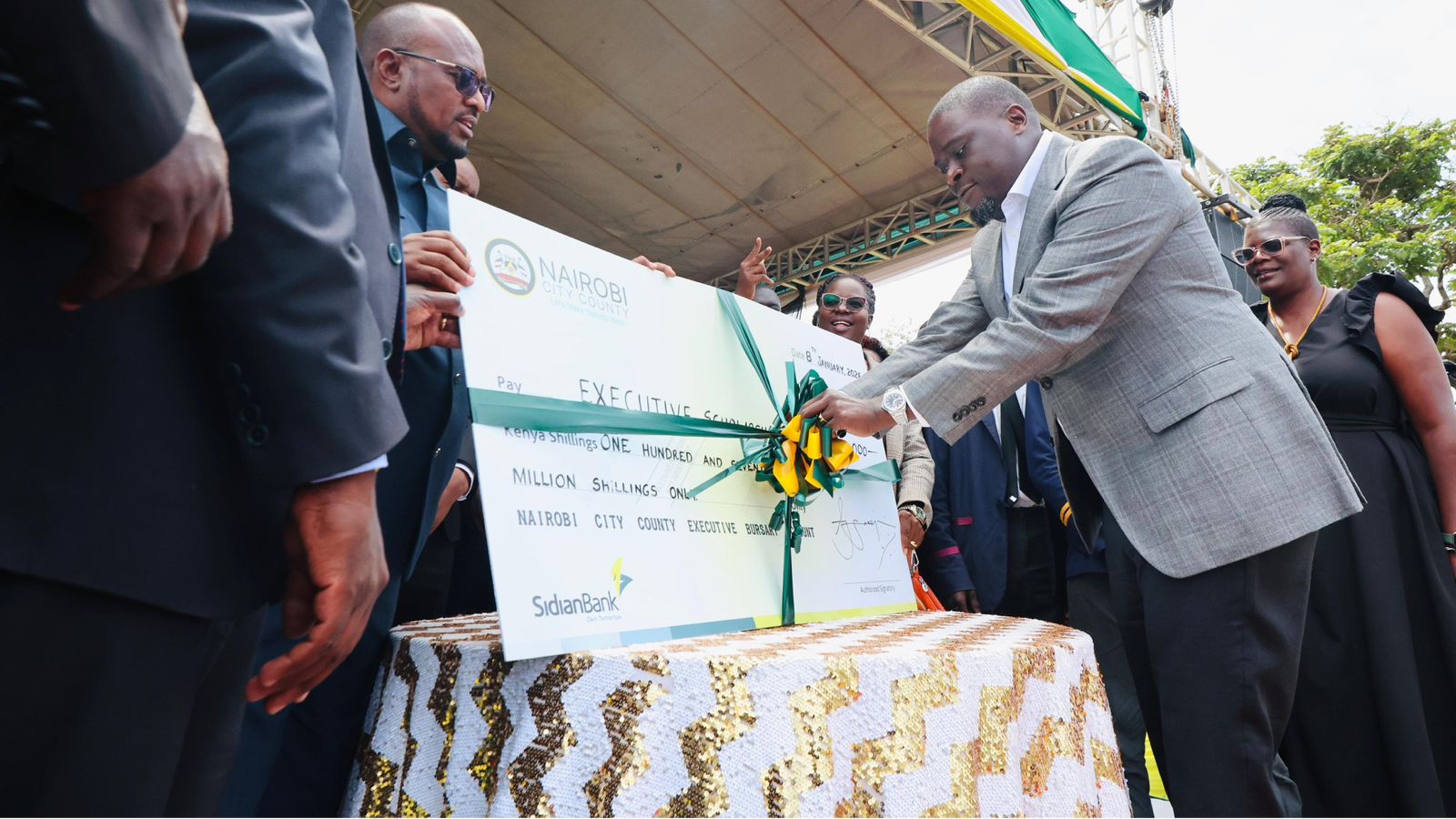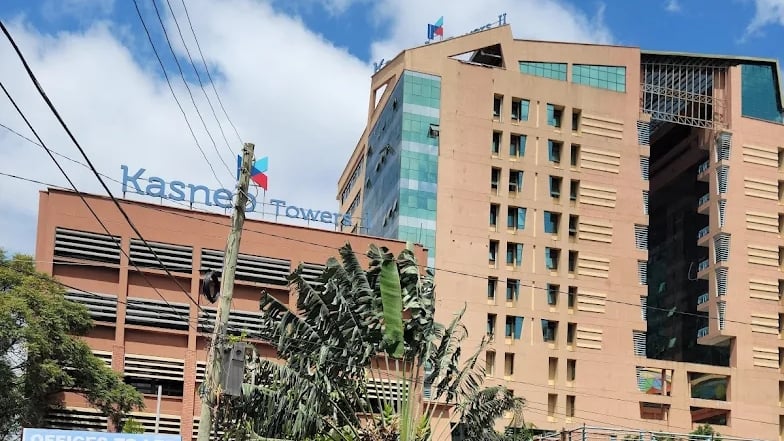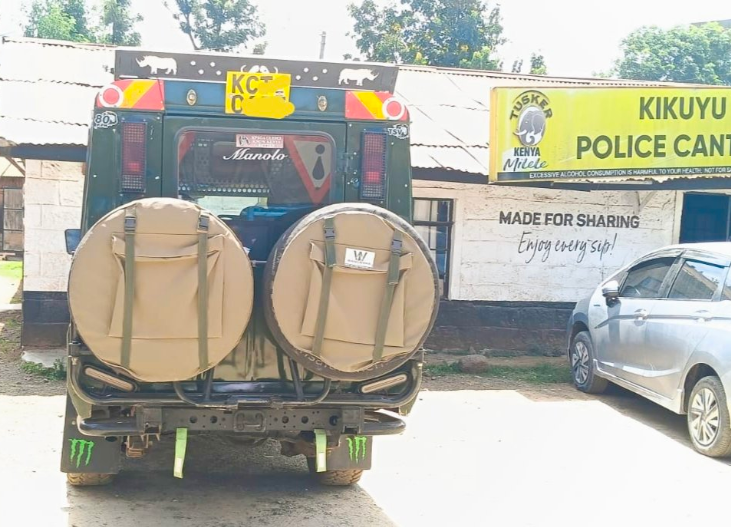Makongeni Estate is now poised to become a benchmark destination for futuristic housing.
The government has acquired a 139-acre parcel of land in Makadara Constituency to develop ultramodern high-rise units under the Affordable Housing Programme, implemented through the State Department for Housing and Urban Development (SDHUD).
The land, previously owned by the Kenya Railways Staff Retirement Benefits Scheme (KRSRBS), was transferred to the Affordable Housing Board (AHB) for this purpose.
Unlike other areas where affordable housing projects have been executed, Makadara is expected to stand out. The development will feature state-of-the-art amenities, positioning it as a model suburban community within Nairobi.
According to the government, the estate will feature high-quality residential, commercial, social, and utility infrastructure, all to deliver a sustainable, inclusive, and economically vibrant urban ecosystem.
Read More
The ecosystem will be characterised by well-equipped homes, schools, healthcare centres, businesses, parks, and transport connecting seamlessly within walking distances.

The 139 acres have all been allocated to various categories and amenities to ensure no acre goes to waste.
As per the government's plan, 54% of the acreage has been allocated to housing. A good 75-acre piece will be hived off for residential purposes.
Twelve acres will be allocated to commercial and mixed-use, eight acres for education and childcare facilities, five acres for health and wellness facilities, and 20 acres for green and recreational spaces.
The remaining 19 acres will be for social and civic amenities (4 acres) and infrastructure and other utilities (15 acres).
Compensation and Engaging the Community
The government put in place an elaborate plan to compensate the affected communities.
The enumeration phase went beyond data collection. Using a structured process that included local recruitment, training, and door-to-door fieldwork, teams built a comprehensive and credible profile of the Makongeni community.
The objective was to generate an accurate and inclusive database to support relocation planning, protect legitimate tenants, and inform fair decision-making.
Each record, from official tenants and sub-tenants to churches and small businesses, captured not just occupancy but the social fabric of the neighbourhood. This information now forms the foundation for subsequent phases of the project.

Residents endorsed the project, which is now underway following full compliance with all legal and social requirements, including mandatory public participation processes.
The government has so far actualised disbursement to approximately 3,356 beneficiaries, out of the total 3,601, with an assurance that the compensation would be completed by Saturday morning, November 22, making it 100% compensation.
One of the residents, Sylvia Aloo, said the project would benefit the community, adding that the place had been abandoned for a long time.
"The project is good and opportune. It is being implemented at a time when our children are back home from school; hence, we have enough time to relocate without inconveniences.
"We were given some money from the Railways scheme, which will help us move without any interference. This place had been abandoned; basic facilities like toilets were not in good state. The situation had endangered our children. We are happy to move to a new environment, and our children will make good friends and will get to change their environments, hence enhancing their growth," said Sylvia Aloo, one of the locals who is relocating.






